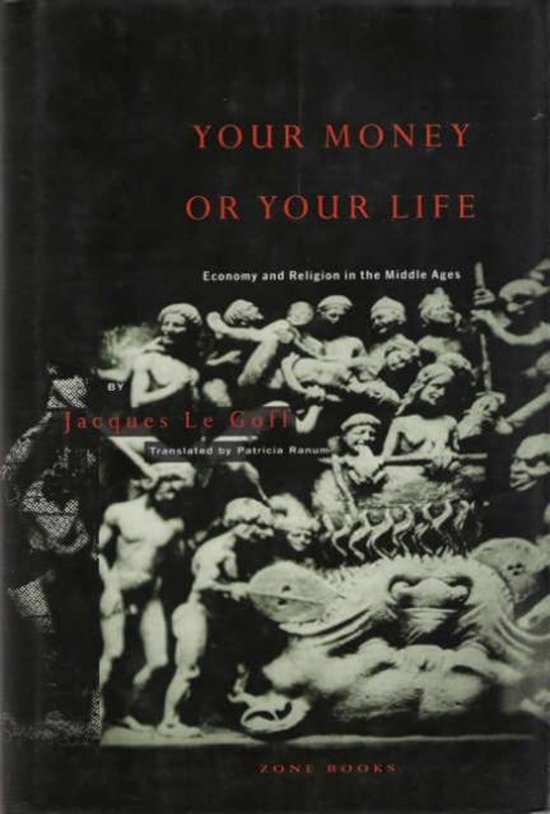
The Bourdieu Paradigm
NOTE - Image of author to be included on back cover
By analysing the work of Schutz, Gurwitsch, Merleau-Ponty and Bourdieu, Derek Robbins considers the historical development, influenced by social context, of competing philosophies of social science.
Through detailed scrutiny of key texts, The Bourdieu paradigm examines the relations between phenomenology, Gestalt psychology and empirical social science in the first half of the twentieth century. It explores the way in which Bourdieu responded to this legacy by gradually advocating a form of reflexive social scientific investigation which would remain faithful to primary experience without disowning accumulated intellectualism. The book asks whether the Bourdieu ‘paradigm’ retains value beyond the specifically French conditions of its production.
Robbins traces a progression from thought to action, but with an emphasis on action informed by thought. He poses the question whether Bourdieu’s attempted integration of intellectualism and empiricism correlated with his particular socio-historical situation or whether it offers a global paradigm for advancing inter-cultural understanding. The book confronts the question whether socio-political organisation is best understood by social scientists or by participants in society, by experts or by the populace. It will stimulate general consideration of the relevance of a sociological perspective in everyday life and how much that perspective should be dependent on inherited concepts.
Analysing the work of Schutz, Gurwitsch, Merleau-Ponty and Bourdieu, this book considers the historical development of competing philosophies of social science. It examines the relations between phenomenology, Gestalt psychology and empirical social science in the first half of the twentieth century and then explores the way in which Bourdieu responded to this legacy by advocating a form of reflexive social-scientific investigation, which would remain faithful to primary experience without disowning accumulated intellectualism. The book asks whether the Bourdieu ‘paradigm’ retains value beyond the French conditions of its production. It offers an analysis of the development of Bourdieu’s thought and practice which constitutes an invitation to readers generally to reassess the value of the western tradition of the social function of the detached intellectual for mass democratic societies.
| Auteur | | Derek Robbins |
| Taal | | Engels |
| Type | | Paperback |
| Categorie | | Mens & Maatschappij |





